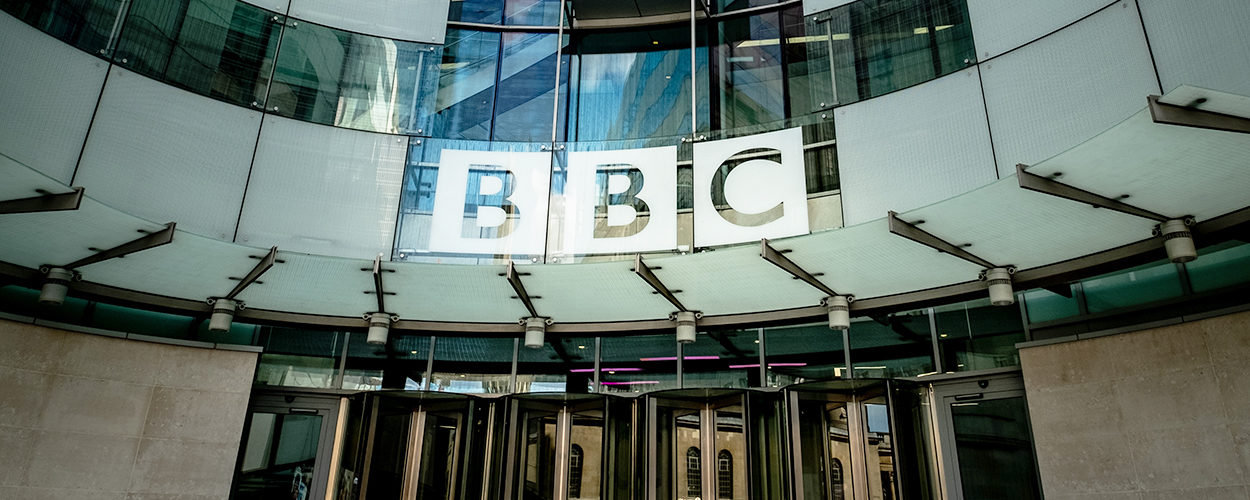This website uses cookies so that we can provide you with the best user experience possible. Cookie information is stored in your browser and performs functions such as recognising you when you return to our website and helping our team to understand which sections of the website you find most interesting and useful.
Business News Media
National Union Of Journalists consulting its BBC members about revised local radio cutbacks
By Chris Cooke | Published on Friday 20 January 2023

The UK’s National Union Of Journalists is consulting its members who work at the BBC about the revisions announced this week to the planned cutbacks at the broadcaster’s network of local radio stations. Those members had previously indicated that they were prepared to take industrial action over the cutbacks.
The BBC revealed plans last year to reduce the output of its network of local stations in England. Stations based in the same region will start sharing content for chunks of the day, with a single late night show across the network. Which, of course, means fewer programmes overall, and fewer presenters and producers making them. The changes are partly about saving money, but also to divert more resources to the BBC’s local services online.
In the music industry, the cutbacks have led to concerns about the future of the BBC Music Introducing initiative, which is built upon 32 local BBC Introducing shows that air on the local stations. If those are replaced with regional shows it is feared BBC Introducing at large will lose its current connections with the various local music scenes around the UK, especially outside the big cities.
Earlier this week the BBC announced it was making some tweaks to its local radio plans based on the feedback of staff and audiences. The number of regional shows will be increased slightly, and there are some specific commitments around programmes for black and Asian communities. The NUJ says that its BBC members are now considering those tweaks.
The union said in a statement yesterday: “Following negotiations with the NUJ, the BBC has made concessions on the drastic cuts it had proposed. Members are now considering if they will be enough. The BBC England NUJ members had previously indicated they were prepared to take industrial action and are now voting to accept or reject concessions made by the BBC management. A no vote would lead to a ballot for industrial action”.
As for the impact of the proposed changes on the BBC workforce, the union added: “The plans would have resulted in the loss of about 48 posts, however because of the numbers applying for voluntary redundancy no one should be forced to lose their job. However, the NUJ will ballot for strike action if there are any compulsory redundancies”.
Commenting on the changes, the union’s National Broadcasting Organiser Paul Siegert says: “This is far from an ideal proposition. The NUJ believes that local radio is one of the jewels in the BBC’s crown and that all 39 stations should continue in their current form and be properly funded. They are listened to by 5.7 million people a week because of their localness. When you start sharing with other stations then local radio stops being local”.
“It’s now important we listen to our membership who work on those 39 local radio stations”, he adds. “If they reject the current proposals because they feel licence payers will get an inferior service, then the next step will be to ballot for industrial action unless the BBC sees sense”.
NUJ members working for the BBC in Northern Ireland are separately considering industrial action over plans to downsize the workforce at the broadcaster’s Northern Irish operations, and to also axe the breakfast show on BBC Radio Foyle, which would instead carry the same breakfast programme as BBC Radio Ulster.





